The emergency preparedness activities now underway to combat the coronavirus pandemic offer insight about our readiness to deal with a dangerous incoming asteroid, experts say.
Humanity can learn some valuable lessons about planetary defense from the things that have gone right and wrong in the coronavirus fight, according to asteroid scientists and an authority on emergency preparedness. There are many questions as to are we prepared for an asteroid impact, how can we mitigate asteroids globally, and how to prepare for an asteroid impact disaster?
“Speaking for myself, the novel coronavirus is a good case study of mistakes to avoid when planning to prevent an asteroid impact,” said Thomas Jones, a scientist, author and retired NASA astronaut who flew on four space shuttle missions to Earth orbit. He chairs the Association of Space Explorers’ Near Earth Objects Committee.
The global response to the virus has illustrated some cooperation through the World Health Organization, Jones said, but as some of the data given to the WHO has been spurious, false or incorrect, that organization’s response was stymied and delayed somewhat.
Most nations have chosen their own path — granted, with international expertise and consultations — in responding with their own interests uppermost. Resources and manufacturing priorities were allotted individually, nation to nation, with subsequent delays, Jones said.
“This is understandable, but it’s not a good model for dealing with an asteroid impact threat. A fragmented, staggered and uneven response to an impact threat is a recipe for delay and inaction, foreclosing options to deflect the asteroid,” Jones told Space.com.
“We’ll need transparent sharing of all observations of the object, and international vetting of all the impact predictions,” he added. “Any required deflection campaign will only succeed if an internationally supported consortium develops and carries out the effort, with ongoing, shared insight into every step of development.”
Jones said that, without that shared confidence, nations will defend themselves unilaterally, leading to lost time, wasted resources and increased risk of failure. “Open cooperation gives us the best chance to assess the threat properly, mount a series of credible deflection missions (if needed) and turn away an impact catastrophe.”
Read more at https://www.space.com/asteroid-impact-coronavirus-pandemic-lessons.html





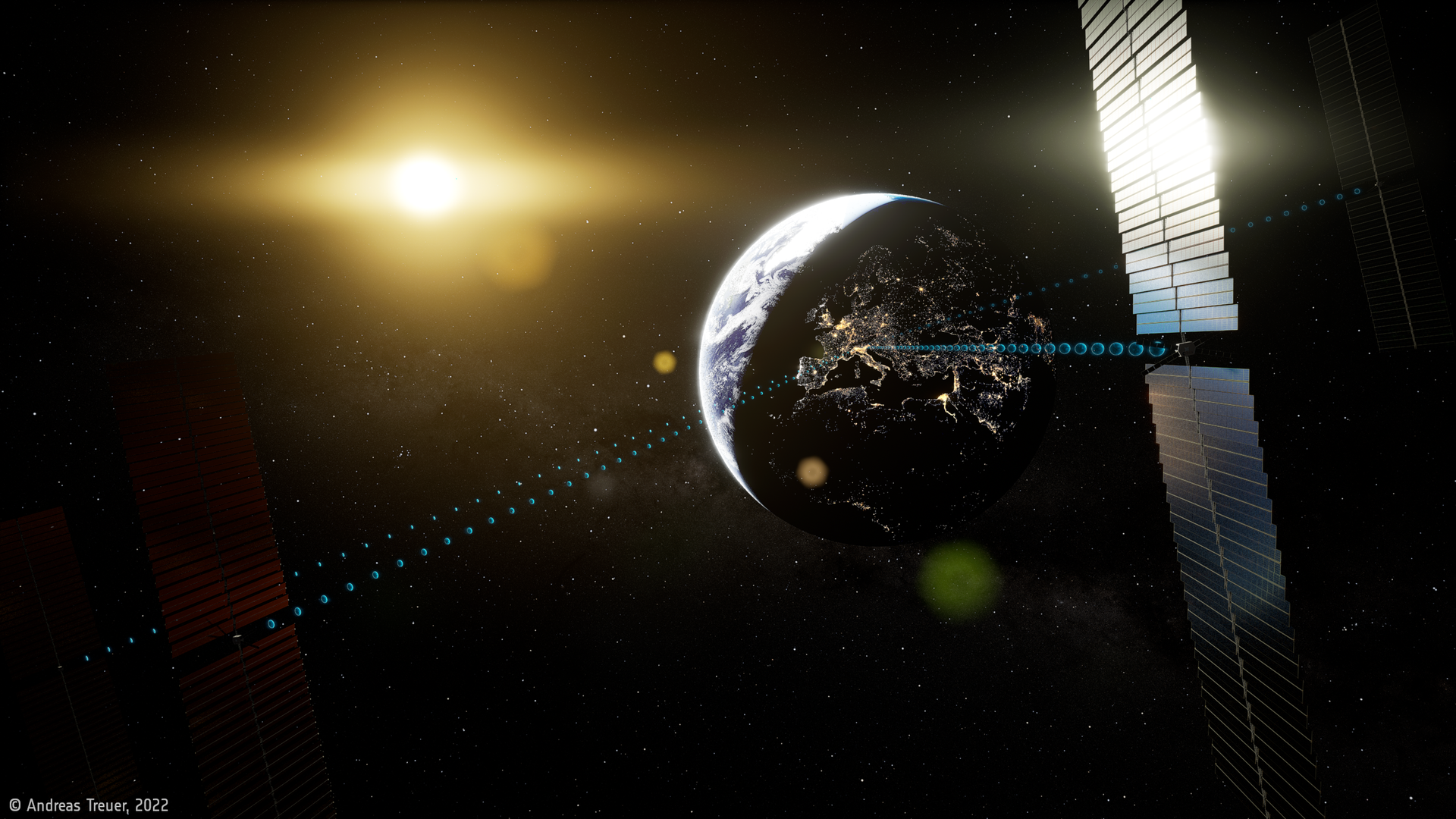


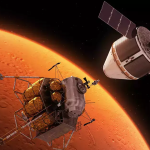


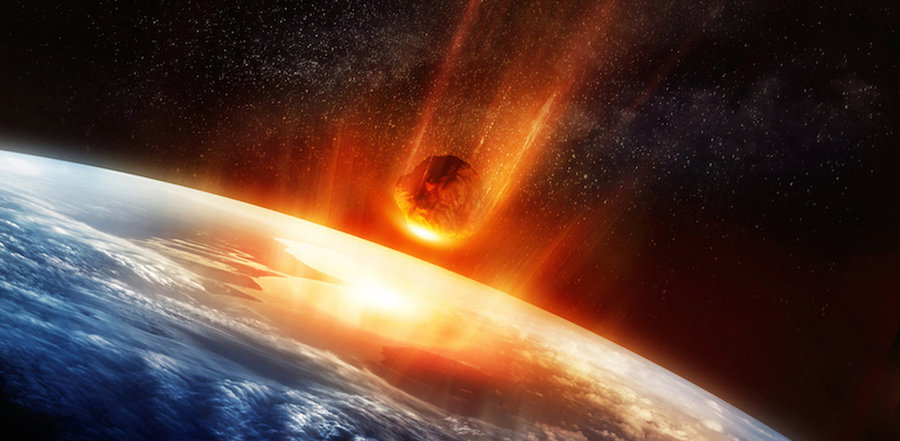










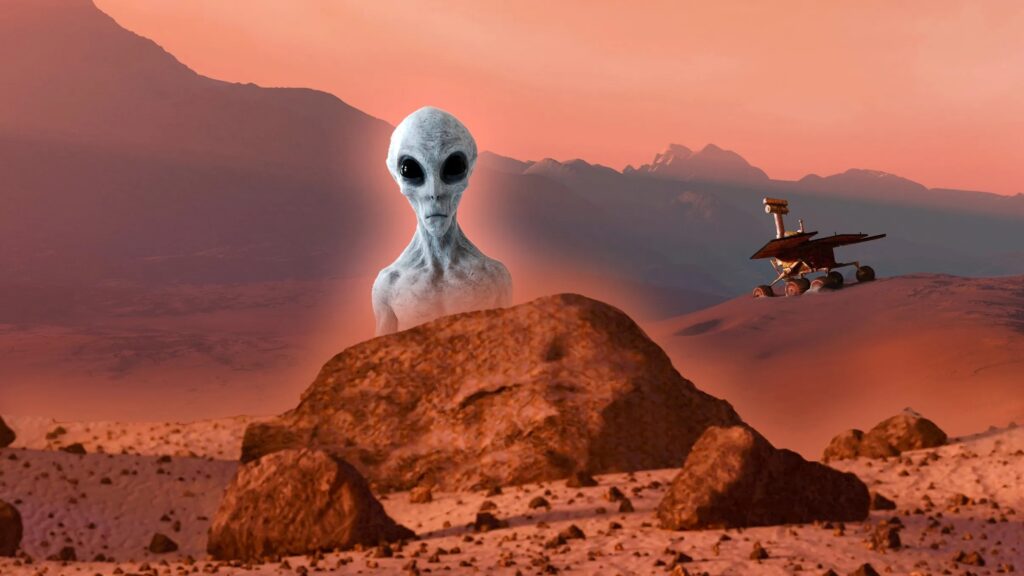
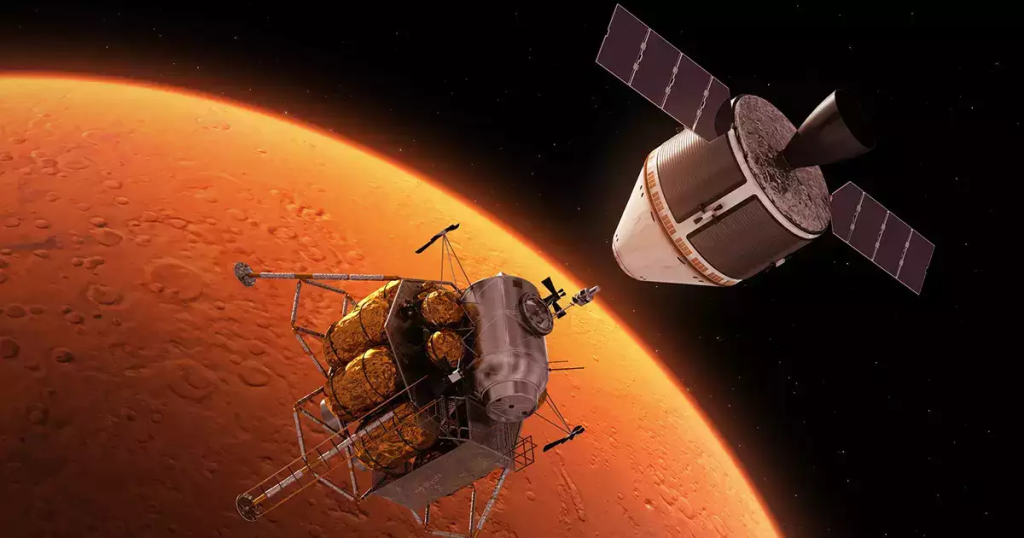
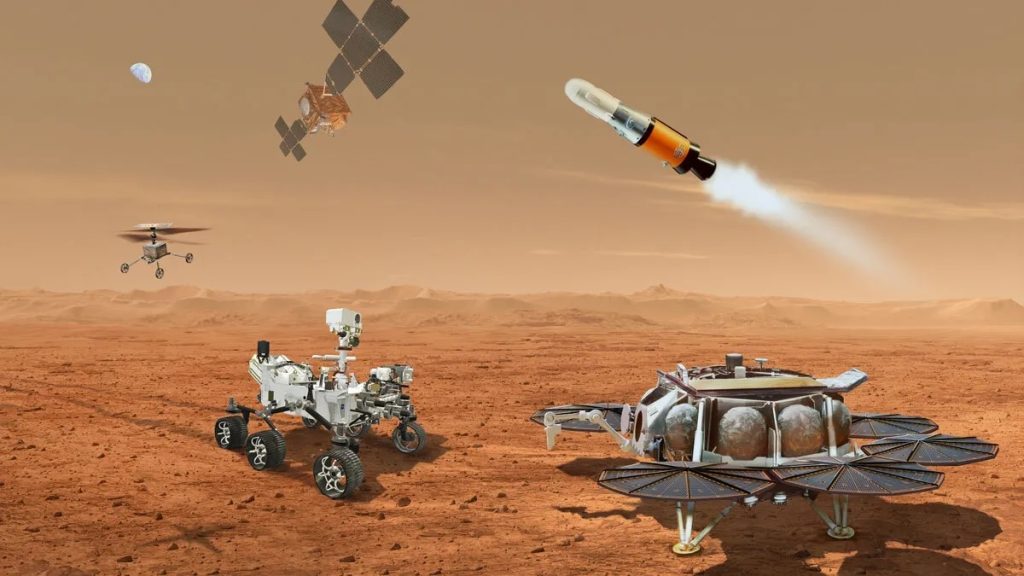

Add Comment